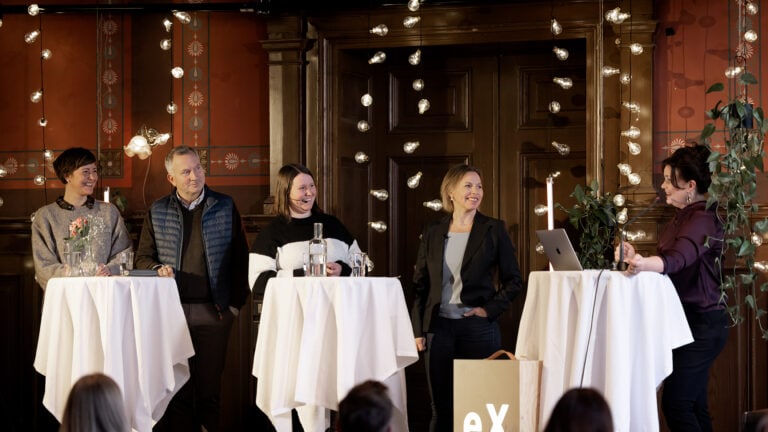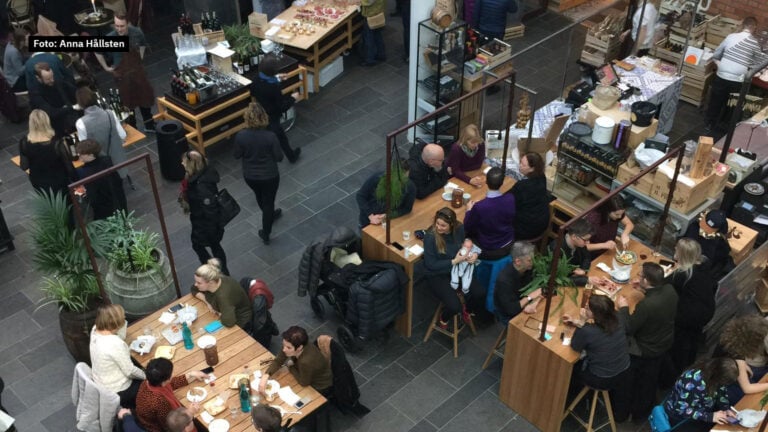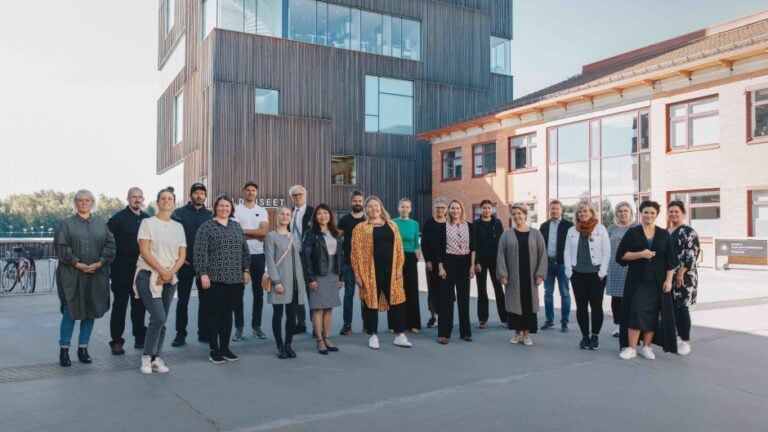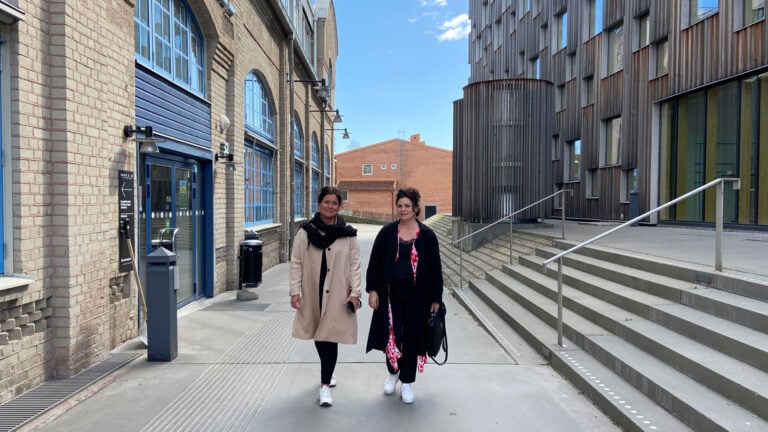Last week, eXpression Umeå organised a digital focus group to stimulate development and reflect on the role, mission and business development processes of business promoters during the Corona pandemic. In addition to business support organisations from the Örnsköldsvik region, via Vaasa in Finland and all the way up to Luleå, the conversation also attracted researchers from Umeå University. The experiences show both tough challenges and requirements for change in order to continue to be a sustainable support structure for businesses in the visitor and experience industries.
The conversation was moderated by Annakarin Nyberg, project manager for the Future Sustainable Hospitality project at eXpression Umeå and reflected on the challenge of supporting companies' needs for rapid change. Many companies' business models are currently changing week by week, day by day, which in practice means that companies' services and products are being developed and verified in parallel and in direct interaction. At the same time, this challenging way of working creates the conditions for real-time market research. This in turn gives an indication of the needs of different target groups, willingness to pay or, for example, the volumes that are reasonable for a service or product. This exploratory approach places new demands on the business development processes of promoters. And just as many companies are now acting flexibly and very quickly, so too are the demands on our support structures. For example, shifting as a company from targeting an international audience to packaging services for the home visitor requires more frequent and responsive business development support anchored in relevant and up-to-date knowledge.
Another key challenge is to respond to business requests for forecasts and future scenarios. Such support is currently not available to the same extent as in the past, as the present and future are more uncertain, change is rapid and knowledge development takes time. This complex equation has implications for the ability of companies to act strategically and in the long term. The discussion with business promotion stakeholders underlined that it is now more important than ever to ensure that promoters have access to the trend forecasts and world analyses that are nevertheless made available. The message was clear: these need to be collected and passed on to businesses.
The discussion also highlighted experiences of larger Swedish cities being harder hit by reduced tourism compared to, for example, smaller destinations and destinations in rural areas. On the one hand, foreign visitors have generally failed to turn up, and on the other, Swedish holidaymakers have chosen nature tourism in preference to visits to cities. This prioritisation has in turn placed a heavy burden on existing infrastructure. For example, hiking trails, waste management, sanitation facilities and other elements of the infrastructure were highlighted as very important for the development and maintenance of sustainable nature tourism.
The discussion also showed that different destinations, municipalities and regions face different challenges in terms of their ability to adapt for support, but the common thread among the focus group participants was that all have worked very hard, in one way or another, to meet the needs of the sector. The approach to the corona pandemic has been characterised by working hard, pushing existing boundaries and acting creatively within existing and sometimes very tight financial frameworks. All to be best equipped for the period during and after the corona pandemic.
In conclusion, a cautiously positive perspective was expressed that the corona pandemic, despite all its challenges, has brought valuable insights into the importance of the tourism industry for society at large. Participants also expressed the importance of participating in this type of forum for the exchange of knowledge and experience between business support structures.
The conversation involved higher education institutions along with business support organisations such as destination companies, municipalities, regions and innovation support systems, all of which have been faced with new issues and challenges in terms of support and business development processes. The call was carried out in the framework of the Sustainable Tourism of the Future project. The project is part of Tillväxtverket's Knowledge Development in the Corona Region initiative and will run from 1 February 2021 to 31 December 2022. The project is based at the business incubator eXpression Umeå and is run by Annakarin Nyberg, project manager, and Anna Wikholm Kjellberg, project associate.






